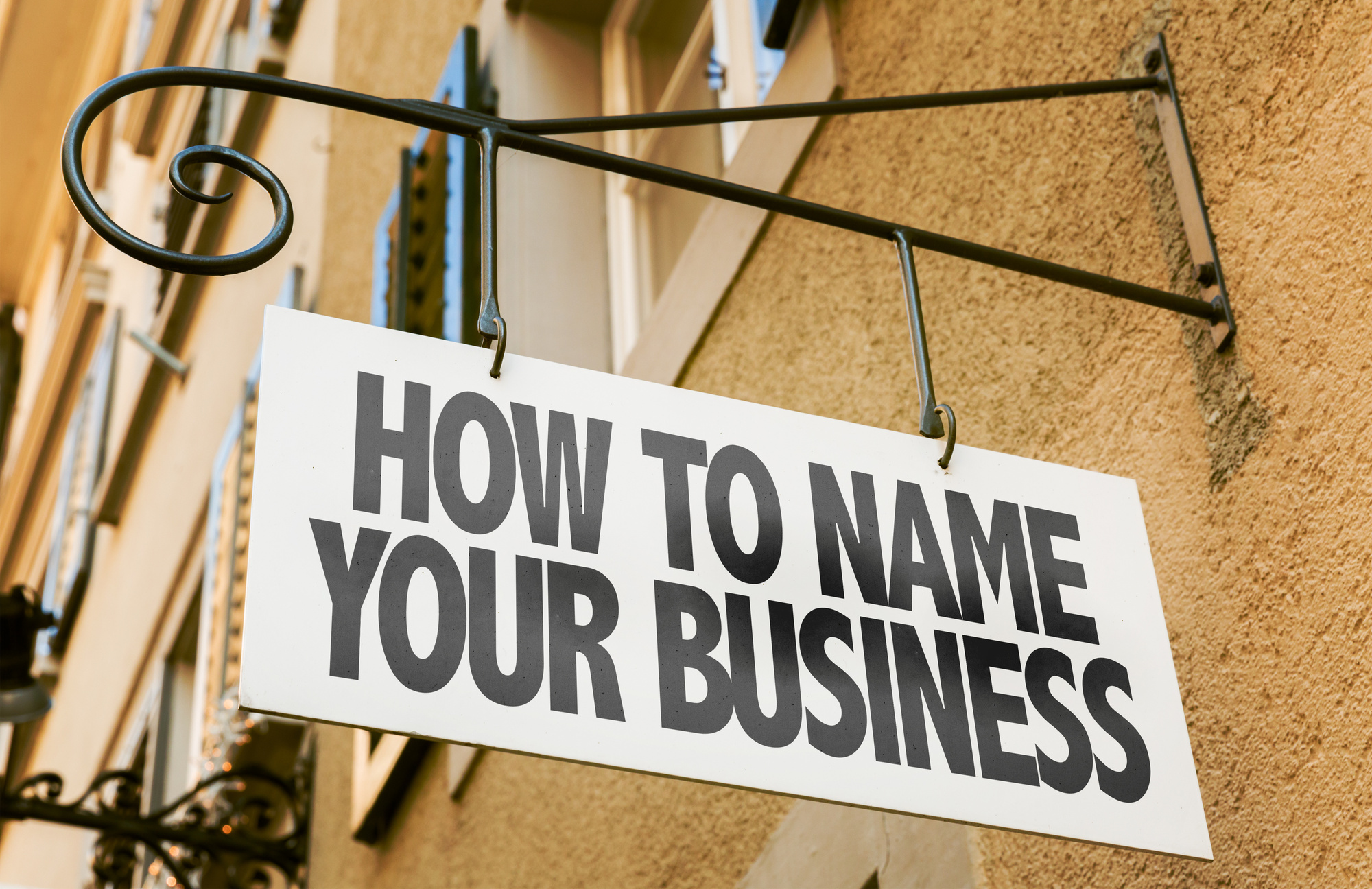Guide: How to Choose the Perfect Name for Your New Business
Have a new business but can’t think of a name? Entrepreneurs have all been there.
The name is probably as important as the company itself, which makes coming up with something harder than it should be. It may take days, weeks, or even months to decide on a new business name.
That’s why we’ve whipped up a guide on how to pick a company name. Remember these things when you’re trying to think of the perfect name.
What Do You Want the Name to Convey?
For this, you’ll have to ponder deep on your brand’s story and goals. Your name will reflect those, and it will appear on every medium. It should be meaningful but only to you but to your audience as well.
Ask yourself what do you want the customers to think when they read or hear your company name?
Some companies want to keep things fun by using wordplay, while some want to keep it classy by using words with a luxurious feel. Take Haagen-Dazs, for example. Its founder made up the Danish-sounding name because it exudes Scandinavian traditions.
Sometimes, though, it doesn’t have to be anything deep at all. It only has to make it easy for potential customers to recognize your company’s offerings. This is especially true for service-oriented companies, like accounting and legal businesses.
Don’t Be a Copycat
Often times, we see businesses riding on the successes of others by using similar names. When the frozen yogurt chain Pinkberry became popular, other frozen yogurt shops spurred with different variations of the name, all sporting that “berry” moniker that’s already familiar with their audience.
Doing this, you limit the name choices to the ones that sound similar to the one you’re copying. You also limit the success of your business. Even if you have great products, some will find you as a mere imitation of the more successful store.
In other words, you’re setting up your business to be behind the original one forever. You won’t make room for your company to surpass it.
Keep It Short and Simple
Short and simple names work better in that people can more easily remember them. Think of Apple, Chanel, Nike, Google, and such. They’re simple yet almost everyone recognizes them.
This is important because if you’re a startup, you would likely rely on word-of-mouth the most at the early life of your business. If your customers can’t remember or even spell your name, it becomes a barrier, making it more difficult to promote your product or service.
The downside to this is that you might have trouble finding a short name that fits your brand. More often than not, some company has already claimed that name. A squatter might even already have hold of it.
Think of the Future of Your Company
The name should also not limit any possible expansion of your company. You might be selling belts today, but who’s to say that you won’t be selling wallets in the future?
If you have a name that’s too literal, it becomes restrictive of your potential to grow. You may need to rebrand, which isn’t always a good idea if you’ve already established your brand on solid ground.
You have to think of the future of your business as well and make sure that the name will allow for expansions that you might not have even planned for yet.
Brainstorm and List Down Names
When you know what you want the name to convey, you can ask for ideas from your team. Set up some guidelines for the name, get your team in a quiet room, and start a brainstorming session.
Start with words that describe your products/services and your industry. Consider what your competitors use and think of how they came up with that name. Would you also use some abbreviations, like Inc. or LLC names?
You may also use other languages; Greek and Latin are popular choices for translations. Take some words and run them through Google translate (or a more reliable software) to get some ideas.
List down all the names you can think of, you can trim it down later to a few. To really let the creative juices flow, disregard the guidelines for a bit and see what you and your team can come up with.
Don’t Rush the Process
Choosing a company name isn’t a one-day process, wherein you simply get your team to choose from a list of possible names. While you can do that, we urge you otherwise.
Narrow it down to a few decent names and end the brainstorming session there. Do something else or even sleep on it.
Sometimes, the perfect name comes to us at a curious time, such as when we’re driving or taking a shower. Give your brains some time before deciding – remember that the one you’ll choose will appear on business cards, emails, signs, billboards, and such.
Make Sure no Other Company Uses the Name
Once you’ve decided, however, make sure that it’s available! You may do this even if you haven’t decided yet but you’re liking a name. Checking is easy, anyway through Opstart.
Search for trademarks also on the U.S. Patent and Trademark Office database, and enter the name on Google to see if any business pops up. Don’t forget your domain as well. Enter your target domain to see if it’s already up.
If it is, you may have to use abbreviations or some hyphens. You also have the option to use another domain (.net or such) instead of .com. Always consider the possibility that someone might confuse the taken address for your company, which isn’t necessarily bad but it could be if the website has questionable content.
Register the New Business Name
Now that you know how to choose a business name, all that’s left to do is come up with one. Then, don’t forget to register it so that no one else can take it.
Apart from your new business name, you might want to learn more about setting up a new business. Check out our blog for more business advice, or contact us if you have any questions.



